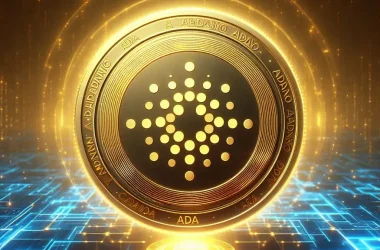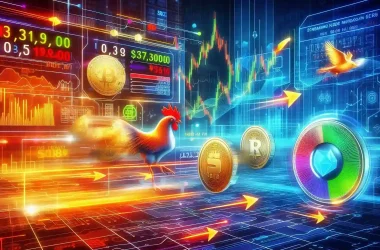Introduction
Renewable energy sources have significantly influenced global markets over the past decade. These sources, including solar, wind, and hydroelectric power, have reshaped energy production and consumption worldwide.
Economic Effects
The adoption of renewable energy has sparked economic transformations. Countries investing in solar and wind energy have experienced job growth in green technology sectors. Additionally, reduced dependence on fossil fuels has stabilized energy prices, benefitting both consumers and businesses.
Environmental Benefits
Beyond economic gains, renewable energy offers substantial environmental benefits. Decreased carbon emissions have mitigated climate change impacts, fostering sustainability efforts globally.
Challenges and Future Outlook
Despite these advancements, challenges remain. The intermittency of solar and wind power necessitates advancements in energy storage technology. Furthermore, policy frameworks must support continued renewable energy integration to sustain market growth.
Conclusion
In conclusion, the impact of renewable energy on global markets is profound. As technology advances and economies adapt, renewable sources will play an increasingly pivotal role in shaping sustainable development strategies worldwide.
The post Yield strategies in DeFi: From staking to recursive lending appeared first on CryptoSlate.















